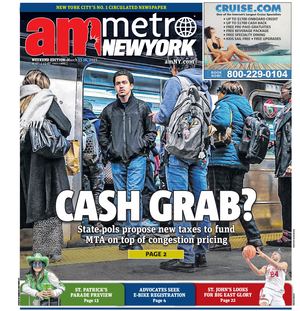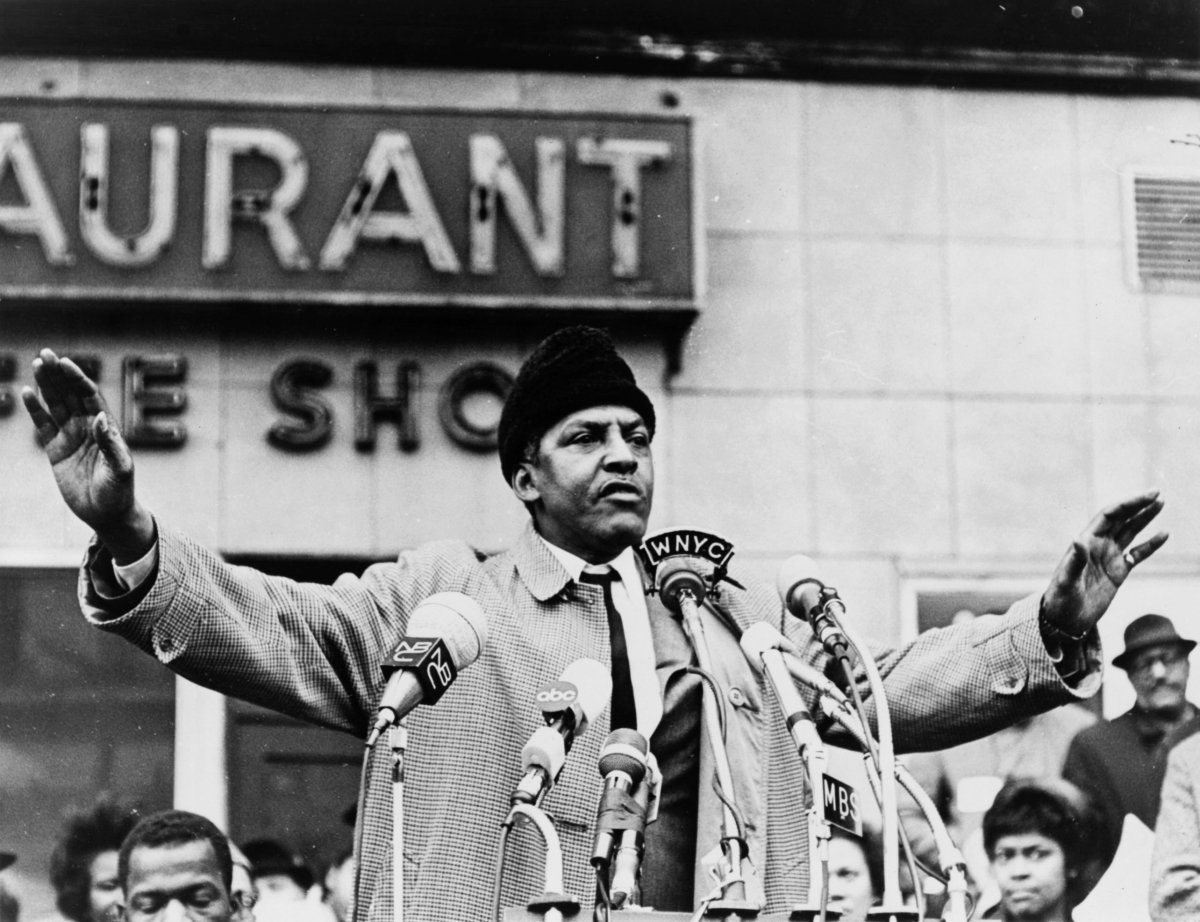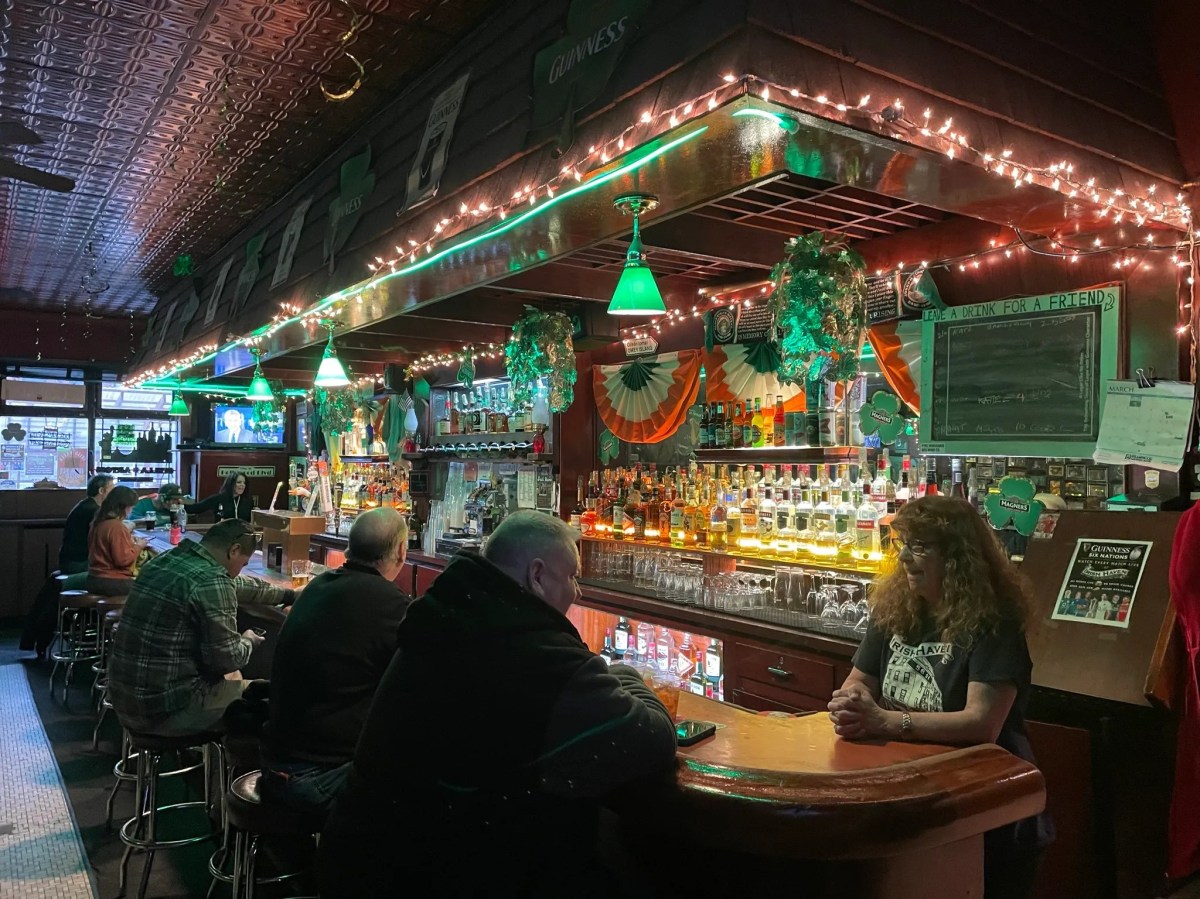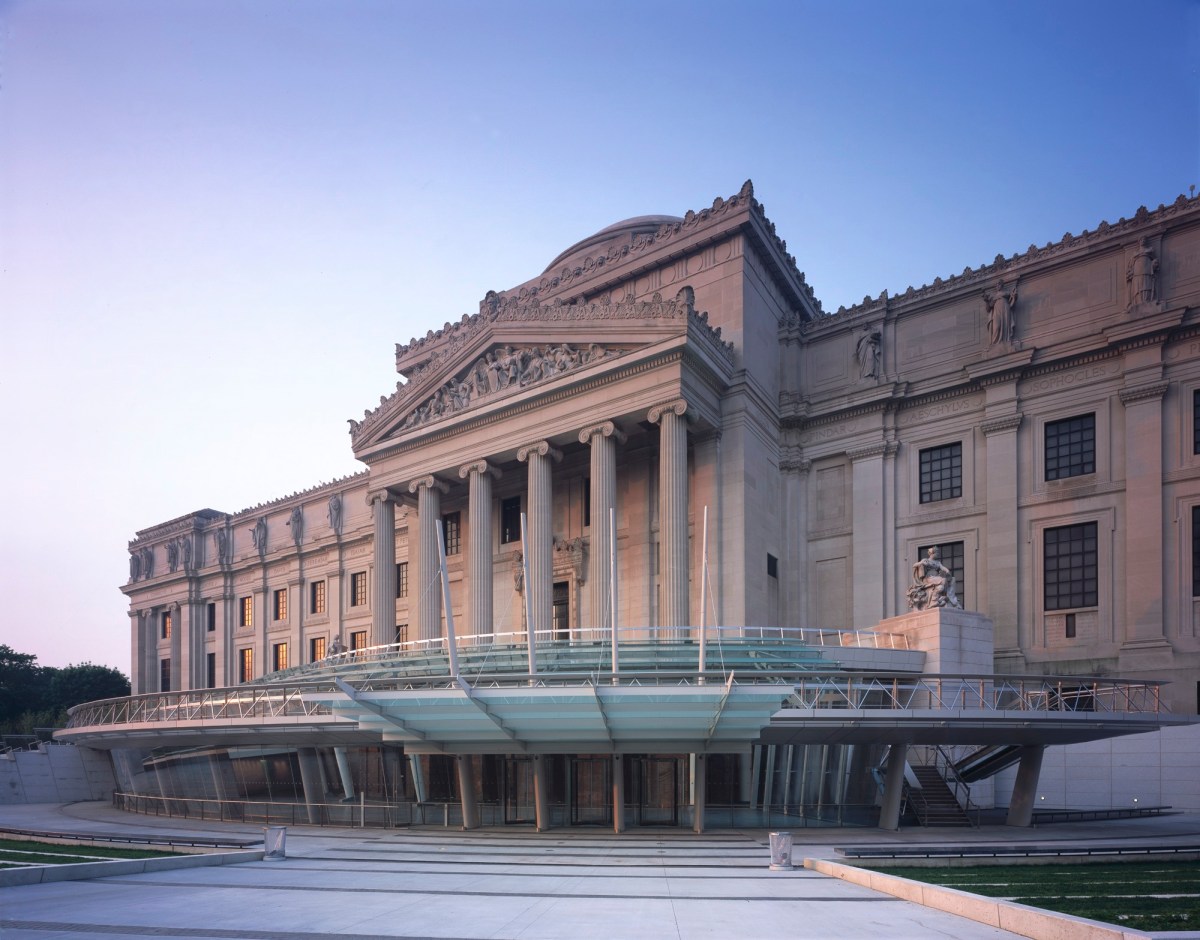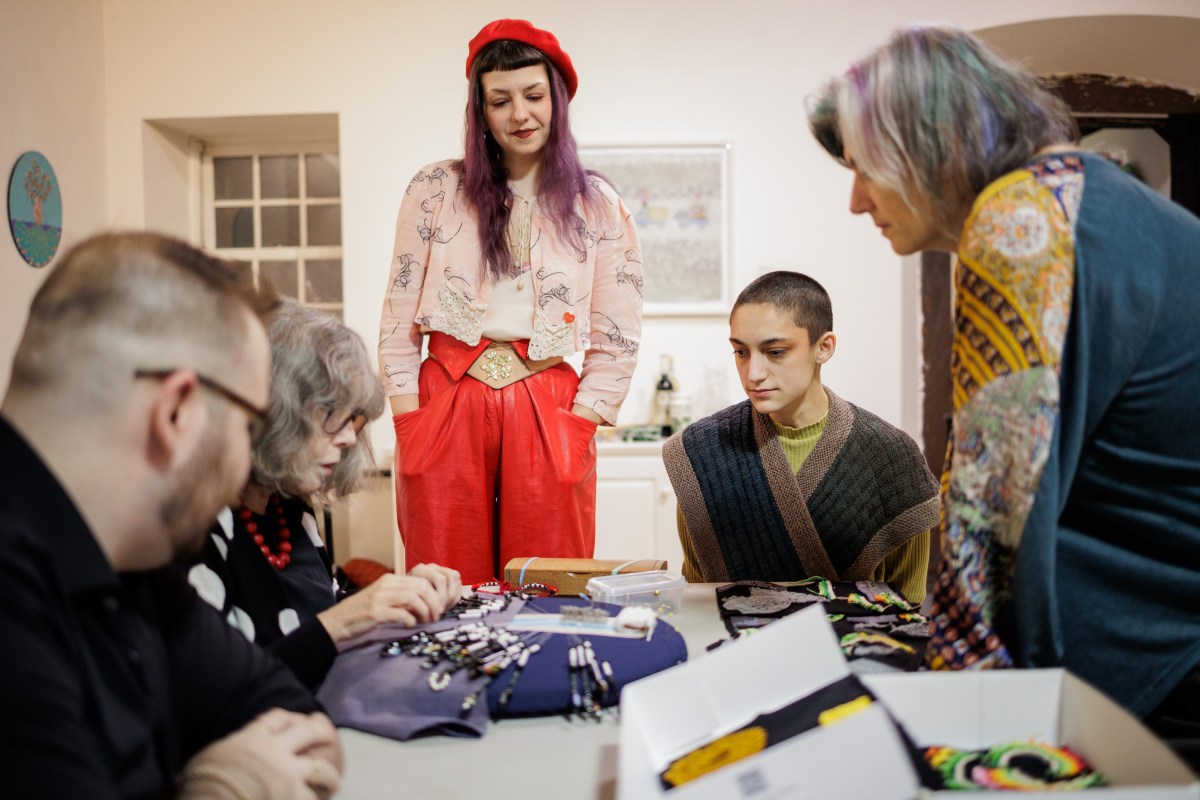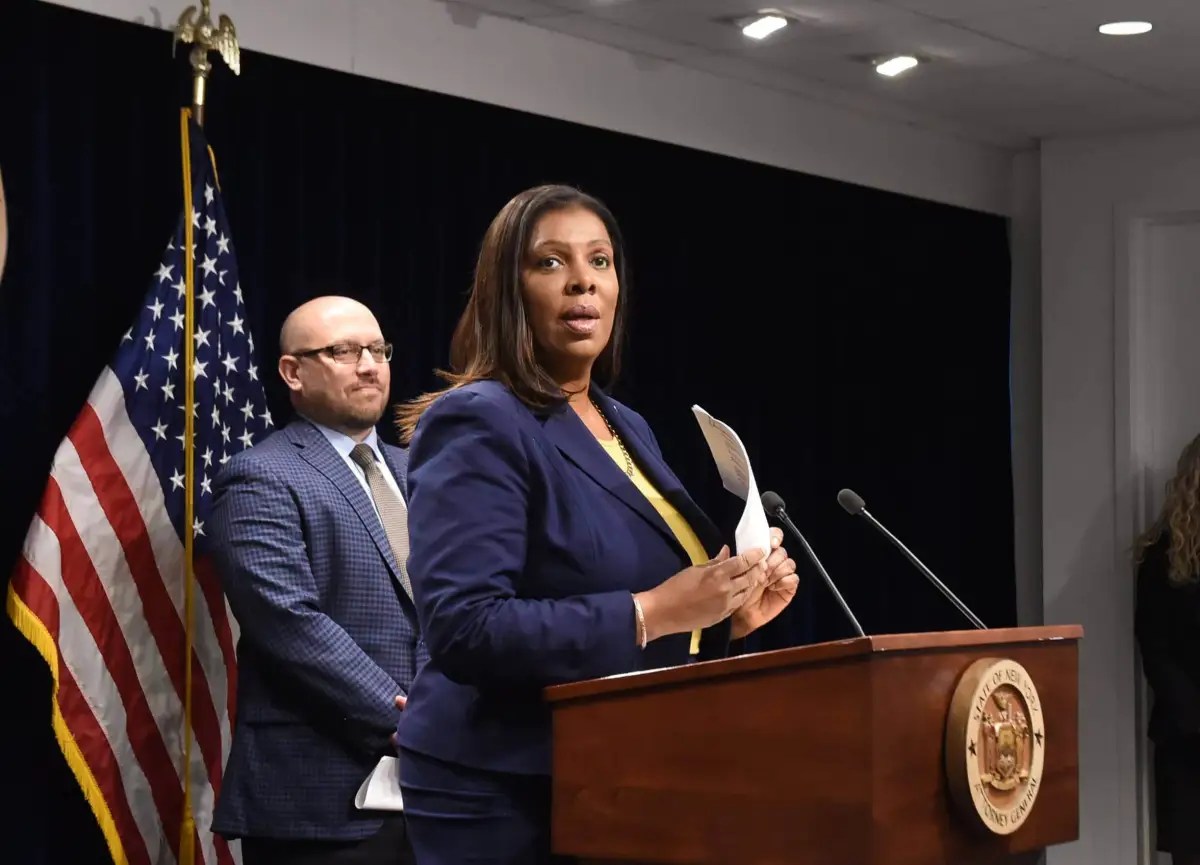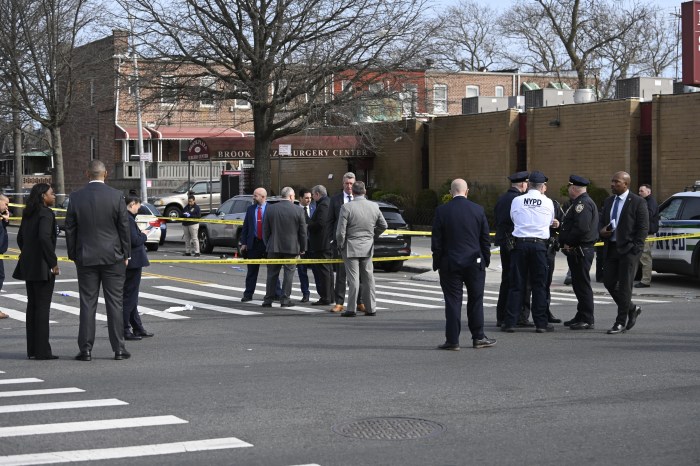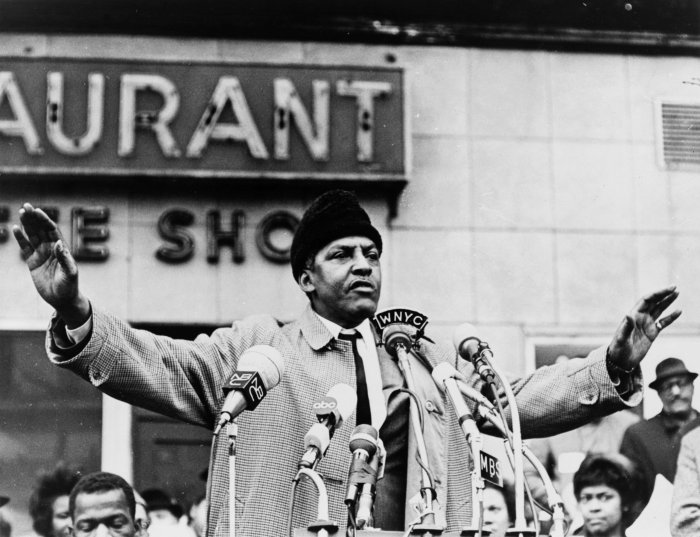Anastasia Somoza is the New York City Council’s first-ever liaison to the disability community. But it’s a role the 34-year-old Manhattan native has been working on all her life.
She grabbed headlines in 1993 as the fearless 9-year-old who grilled then-President Bill Clinton on why she and her twin sister, Alba, could not be in the same classroom. Both were diagnosed with cerebral palsy and spastic quadriplegia but since Alba is less verbal, the family thought she was not getting the challenging education she deserved.
That led to a lifetime of advocacy and friendship with the Clintons. Somoza, a graduate of Georgetown University and the London School of Economics, spoke at the 2016 Democratic National Convention, calling out Republican candidate Donald Trump for allegedly mocking a disabled reporter.
Thursday marks 28 years since the Americans with Disabilities Act was enacted. The Council plans to release a video showing Somoza’s often difficult commute to work — the first of several videos that will highlight issues facing the disability community. Somoza spoke with amNewYork about the new position that she took at the end of April:
What do you hope to accomplish in this new role?
When I spoke with Speaker [Corey] Johnson and his staff, they said they were excited about the idea of bringing me on. I am working to open the lines of communication to understand what we can do here to support people with disabilities. A lot of people in my community have often felt their needs have been marginalized and kind of pushed to the side. My hope is to change that.
What are some of the important issues that impact the lives of the disability community in New York City?
Getting around the city has been one of the big issues I have dealt with my entire life. In order to be able to go to school, socialize, become and remain gainfully employed, you have to be able to get around. Lack of access to transportation is one of the biggest reasons the disabled population here in New York has such a hard time becoming employed and remaining employed. This video is a reminder to Andy Byford and the MTA about how we also have a stake in this. Almost every week I have to call my supervisor to say I am stuck in the subway and will be late or I have to work from home. But also access to schools is important. The Council won money in the budget to improve access at schools. I’m also working on better access for disabled New Yorkers in homeless shelters.
Members of the disability community recently complained they were left out of the process when the City Council introduced a ban on plastic straws. What is happening with that?
I’ve been looped in with some of the work going on between the Council and the community to address their concerns. We are making sure the language in the bill is edited so they will not have to prove to a restaurant and business owner why they are disabled enough to make that request [for a straw]. There are valid concerns that the current language would make it difficult for them to access something they need in order to do something everyone else takes for granted: drinking a glass or water or soda or juice.
What would you want New Yorkers to know about the disability community?
My personal mission as a lifelong advocate has been about humanizing disability and reducing the gap between us and them. You can become a member of the disability community from one second to the next. That’s why I don’t like the word special needs. I don’t have special needs. My needs are not more or less human than yours.
